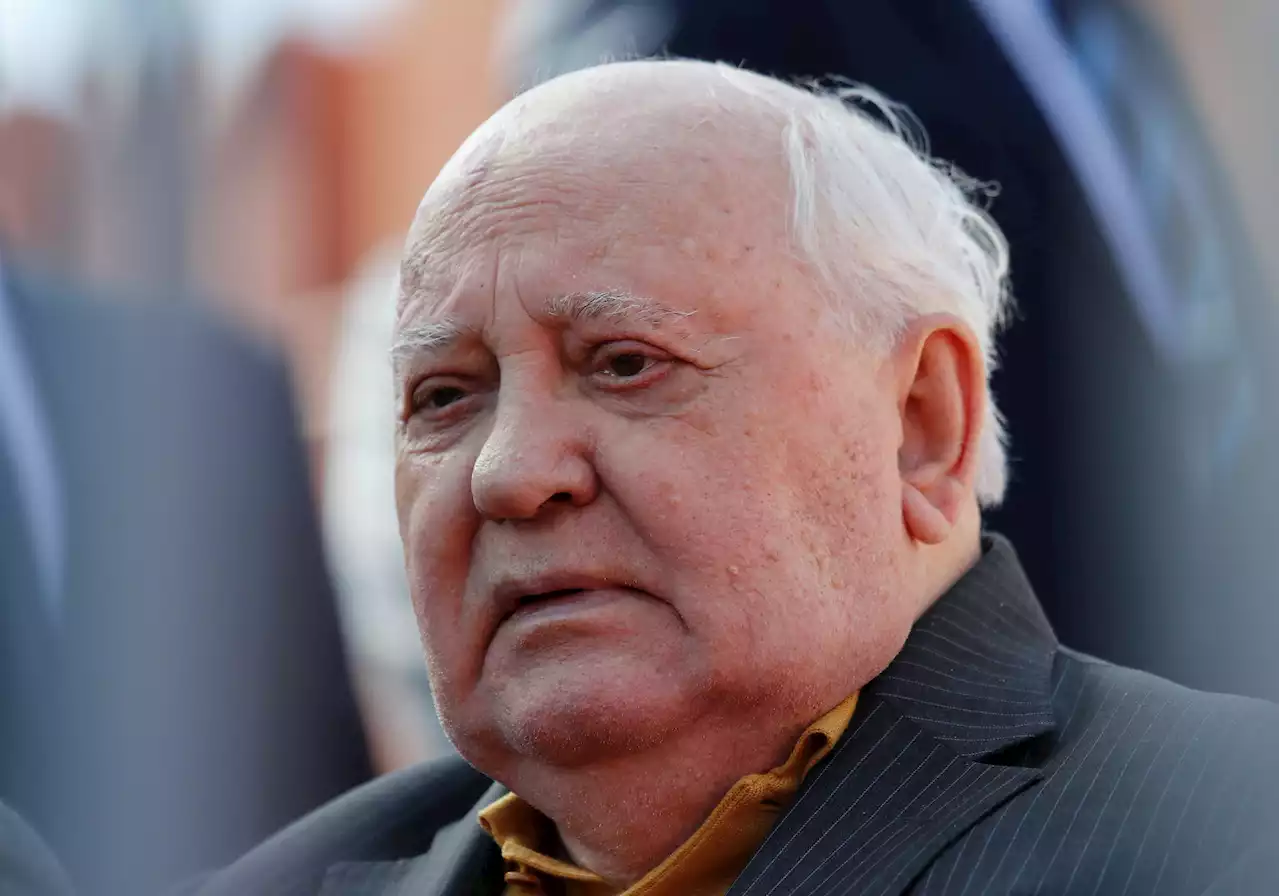Analysis: Mikhail Gorbachev, who died on Tuesday at age 91, liked to talk. And after he took power in the Soviet Union in 1985, he wanted his country to talk, and talk openly, about its problems. It only hastened its demise.
To that end, in 1989 he created a new parliament, the Congress of Peoples' Deputies. The debates of the newly elected MPs were broadcast on national television. Gorbachev and his ministers wandered the corridors, taking questions from reporters.
The Soviet leader, like Russian President Vladimir Putin today, had direct control of the main television channels. And so, night after night, Soviet viewers saw Gorbachev — often accompanied by his striking wife, Raisa — at the top of the news, for 10, 20, even 30 minutes, addressing his ministers, conversing with people in the streets. Talking.
All through the winter and spring of 1991, his aides and allies warned him that his opponents in the Communist Party and the KGB were planning a coup. He ignored them, convinced that, once again, he could outmanoeuvre them. The coup dissolved and, in its wake, Yeltsin demanded that the Communist Party be dissolved. It was done.
When he became the leader of his party and the country in 1985, Gorbachev promoted Yakovlev to the politburo. Their economic answer to the country's problems was further centralization of the almost catatonic agricultural and industrial ministries. The result was a morass.
Canada Latest News, Canada Headlines
Similar News:You can also read news stories similar to this one that we have collected from other news sources.
 West mourns Gorbachev as peace champion, Russia remembers failures | SaltWireMikhail Gorbachev was mourned in the West on Wednesday as a towering statesman who helped to end the Cold War, but his death received a cool response in Russia.
West mourns Gorbachev as peace champion, Russia remembers failures | SaltWireMikhail Gorbachev was mourned in the West on Wednesday as a towering statesman who helped to end the Cold War, but his death received a cool response in Russia.
Read more »
 Toronto - CBC NewsToronto police have laid charges against a man and woman after an argument at a Blue Jays Game Friday night turned physical.
Toronto - CBC NewsToronto police have laid charges against a man and woman after an argument at a Blue Jays Game Friday night turned physical.
Read more »
 Western brands still hold sway in Russia, even if copycats are taking their place | CBC NewsMore than 1,000 foreign companies have exited or curtailed their business in Russia since the start of the Ukraine war. But Moscow's tensions with the West have not diminished the appetites of average Russians for foreign products — and copycat businesses are springing up to meet demand.
Western brands still hold sway in Russia, even if copycats are taking their place | CBC NewsMore than 1,000 foreign companies have exited or curtailed their business in Russia since the start of the Ukraine war. But Moscow's tensions with the West have not diminished the appetites of average Russians for foreign products — and copycat businesses are springing up to meet demand.
Read more »
